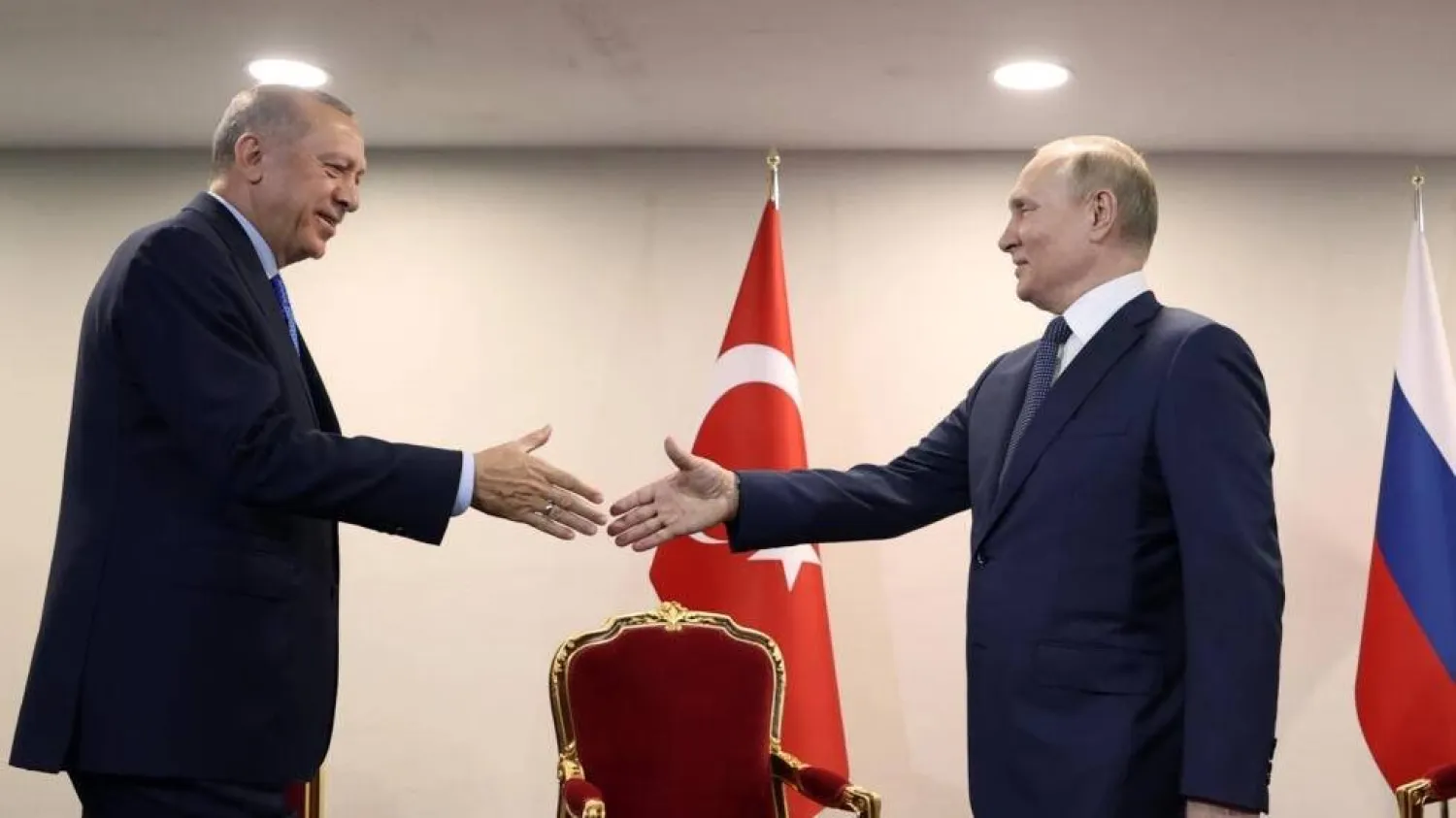Turkish President Recep Tayyip Erdogan said after talks with Russia's Vladimir Putin on Monday that it would soon be possible to revive the grain deal that the United Nations says helped to ease a food crisis by getting Ukrainian grain to market.
Russia quit the deal in July - a year after it was brokered by the United Nations and Türkiye - complaining that its own food and fertilizer exports faced serious obstacles.
Erdogan, who previously played a significant role in convincing Putin to stick with the deal, and the United Nations are both trying to get Putin to return to the deal.
"As Türkiye, we believe that we will reach a solution that will meet the expectations in a short time," Erdogan said in the Black Sea resort of Sochi after his first face to face meeting with Putin since 2022.
Erdogan said that Russia's expectations were well-known to all and that the shortcomings should be eliminated, adding that Türkiye and the United Nations had worked on a new package of suggestions to ease Russian concerns.
Putin has said Russia could return to the grain deal if the West fulfils a separate memorandum agreed with the United Nations at the same time to facilitate Russian food and fertilizer exports.
Standing beside Erdogan, Putin said Russia could return to the deal but only if the West stopped restricting Russian agricultural exports from reaching global markets.
"We will be ready to consider the possibility of reviving the grain deal and I told Mr. President about this again today - we will do this as soon as all the agreements on lifting restrictions on the export of Russian agricultural products are fully implemented," Putin said.
He said Western claims that Russia had stoked a food crisis by suspending participation in the grain deal were incorrect as prices did not rise on its exit from the deal.
"There is no physical shortage of food," Putin said.
Grain deal?
While Russian exports of food and fertilizer are not subject to Western sanctions imposed after Russia's invasion of Ukraine and Russia exported record amounts of wheat last year, Moscow and agricultural exporters say restrictions on payments, logistics and insurance have hindered shipments.
"The West continues to block the supply of grain and fertilizers from the Russian Federation to world markets," Putin said, adding that the West had "cheated" Russia over the deal because rich countries got more than 70% of the grain exported under the deal.
Russia and Ukraine are two of the world's key agricultural producers, and major players in the wheat, barley, maize, rapeseed, rapeseed oil, sunflower seed and sunflower oil markets.
Putin said Russia expected a grain harvest of 130 million tons this year of which 60 million tons could be exported.
UN Secretary-General António Guterres said on Thursday that he had sent Russian Foreign Minister Sergei Lavrov "a set of concrete proposals" aimed at reviving the deal.
One of Moscow's main demands is for the Russian Agricultural Bank to be reconnected to the SWIFT international payments system. The EU cut it off in June 2022 as part of sweeping sanctions imposed in response to the invasion.
Putin said that a plan to supply up to 1 million tons of Russian grain to Türkiye at reduced prices for subsequent processing at Turkish plants and shipping to countries most in need was not an alternative to the grain deal.
He also said Russia was close to a deal with six African countries over a plan to supply Burkina Faso, Zimbabwe, Mali, Somalia, the Central African Republic and Eritrea with up to 50,000 tons of grain each free of charge.









